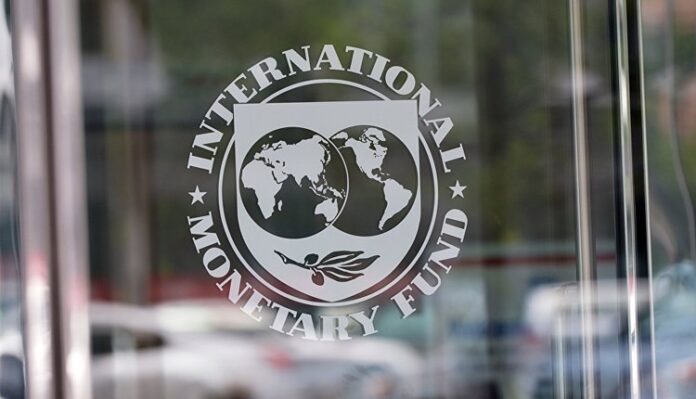The International Monetary Fund (IMF) says global growth will bottom out at 2.8 per cent in 2023 before rising modestly to 3.0 per cent in 2024.
This is according to the IMF’s latest World Economic Outlook (WEO) Update Report for April 2023: “A Rocky Recovery”, released on Tuesday at the World Bank Group/IMF 2023 Spring Meetings.
The report said the baseline forecast is for growth to fall from 3.4 per cent in 2022 to 2.8 per cent in 2023, before settling at 3.0 per cent in 2024.
It said advanced economies were expected to see pronounced growth slowdown, from 2.7 per cent in 2022 to 1.3 per cent in 2023.
“This year’s economic slowdown is concentrated in advanced economies, especially the euro area and the United Kingdom.
“Growth is expected to fall to 0.8 per cent and -0.3 per cent this year before rebounding to 1.4 and 1 per cent respectively.
“By contrast, despite a 0.5 percentage point downward revision, many emerging markets and developing economies are picking up, with year-end to year-end growth accelerating to 4.5 per cent in 2023 from 2.8 per cent in 2022.”
The report showed that economic growth in Sub-Saharan Africa is projected to remain moderate at 3.6 per cent in 2023 before picking to 4.2 per cent in 2024.
It revealed that economic growth in Nigeria is projected at 3.2 per cent in 2023 and 3.0 in 2024.
The report said global inflation would fall, though more slowly than initially anticipated, from 8.7 per cent last year to 7 per cent in 2023 and 4.9 per cent in 2024.
“Inflation is slowly falling, but economic growth remains historically low and financial risks have risen.”
It said the global economy’s gradual recovery from both the pandemic and Russia’s invasion of Ukraine remained on track.
“China’s reopened economy is rebounding strongly. Supply chain disruptions are unwinding, while dislocations to energy and food markets caused by the war are receding.
“Simultaneously, the massive and synchronised tightening of monetary policy by most central banks should start to bear fruit, with inflation moving back towards targets.
The report said more than ever, policymakers needed a steady hand and clear communication.
“With financial instability contained, monetary policy should remain focused on bringing inflation down, but stand ready to quickly adjust to financial developments.
“Fiscal policy can also play an active role. By cooling off economic activity, tighter fiscal policy would support monetary policy, allowing real interest rates to return faster to a low natural level.
“Regulators and supervisors should also act now to ensure that remaining financial fragilities do not morph into a full-blown crisis by strengthening oversight and actively managing market strains.
“For emerging markets and developing economies, this also means ensuring proper access to the Global Financial Safety Net. This includes the IMF’s precautionary arrangement.”




